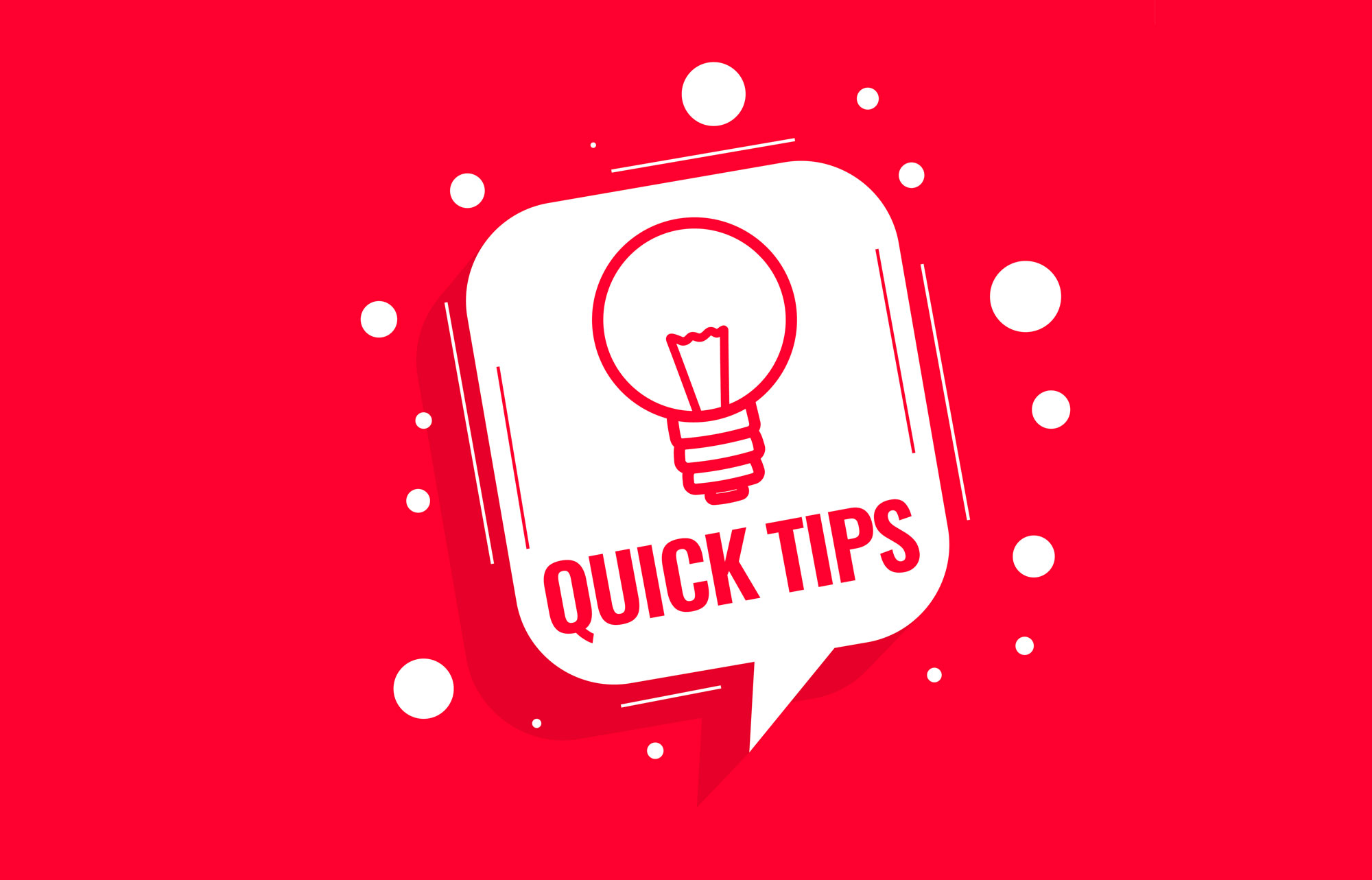
The causes of bloating and how to get rid of it
This feeling of bloating is too full in the stomach or swollen abdomen and when it occurs when the gastrointestinal tract is full of air or gas. The abdomen is also heavy and sometimes painful.
In some cases, bloating is accompanied by regurgitation, flatulence and a feeling of “bubbling” in the intestines. It may also be accompanied by symptoms such as nausea, vomiting, diarrhea, constipation, cramps, loss of appetite, etc.
Causes of bloating:
- Improper nutrition. Here we refer to the consumption of foods that require more time for digestion, such as: dairy products, eggs, bread, pasta (gluten-based), sugar, raw fruits, certain vegetables (broccoli, cauliflower, peppers, onions, garlic, potatoes, tomatoes, honey, beans, peas, cabbage).
- Consumption of water during meals or carbonated juices. Consuming water immediately after meals or cold water also promotes bloating.
- Chew gum too often, which leads to a large amount of air being carried in the stomach.
- Do not digest food properly, that is, do not chew enough, talk with your mouth full, or swallow too many pieces of food at a time.
- Incorrect combination of foods, such as the consumption of carbohydrate proteins or meat products at the same meal.
- Stress also makes the digestive process difficult. The connection between stress and bloating is the fact that during hectic periods we breathe involuntarily faster and more chaotic, thus reaching to inhale more air than necessary in the gastrointestinal tract.
- Hormonal changes during pregnancy, menstruation or menopause in women can also cause bloating, in which case it is necessary to consult a gynecologist.
- Other diseases include intestinal parasites, E-coli infection, irritable bowel syndrome, hiatal hernia, gastritis, ovarian cysts, appendicitis, lactose intolerance, gastroesophageal reflux disease, anorexia, bulimia or depression.

Useful tips to reduce / eliminate the feeling of bloating:
- Use in the process of cooking foods herbs that can help eliminate intestinal gas, such as: mint, cumin, anise, fennel, thyme, rosemary, basil or parsley;
- Choose carefully the vegetables you eat. The most suitable are: zucchini, carrot, celery, parsnip and for safety requires thermal preparation. You can also opt for lentils or chickpeas, which you leave for a few hours to hydrate.
- Avoid processed foods, including cold cuts and preserves of any kind.
- Consume only cold-processed oils, such as: olive, sesame, walnut oil.
- Eat as many seeds, nuts, fish, quinoa, rice as possible.
- Try to eat lean meat, chicken or turkey, instead of the famous pork head with french fries.
- Do not season or over-salt foods.
- If you know you are a gourmet, cut back on portions and try to eat in small sips.
- After a hearty meal you can apply warm compresses on your abdomen or take a walk.
If you have followed our recommendations and the feeling of bloating still persists, consult a gastroenterologist as this may hide other conditions.
